
now streaming free on Amazon Prime Video
reviewing Black Doves; Cross; Dark Matter; Dept. Q; Dexter: Resurrection; Dune: Prophecy; For All Mankind; Foundation; Hijack; MobLand; Outlander; Presumed Innocent; Prime Target; Severance; Silo; Slow Horses; Smoke; Star Trek: Strange New Worlds; Tehran;The: Day of the Jackal, Diplomat, Last of Us, Night Agent; Your Friends and Neighbors +books, films, music, podcasts, politics
George Santayana had irrational faith in reason - I have irrational faith in TV.
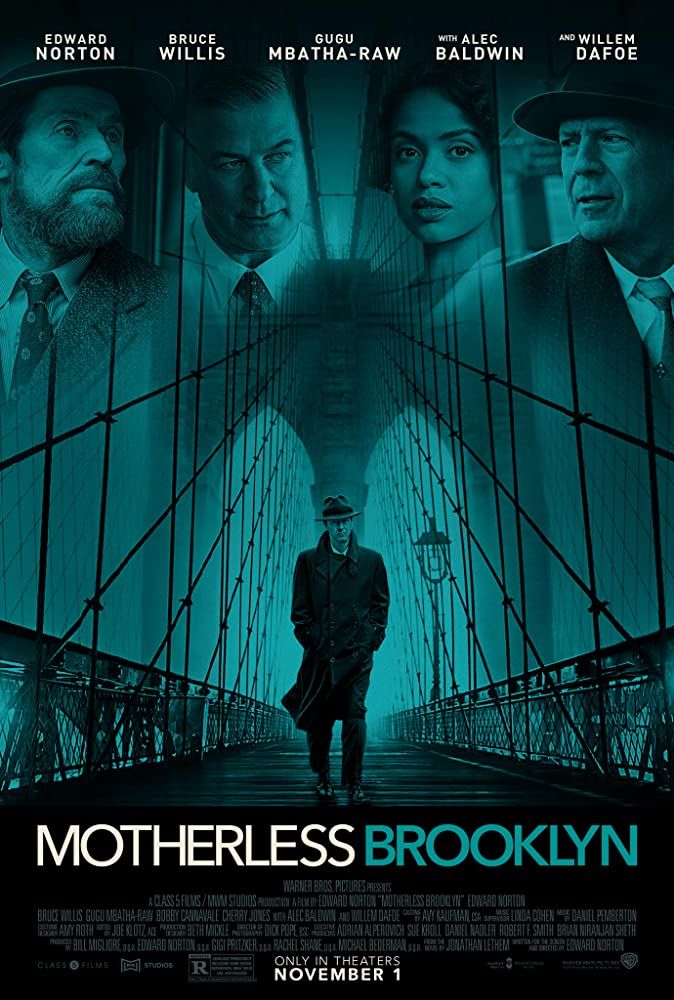
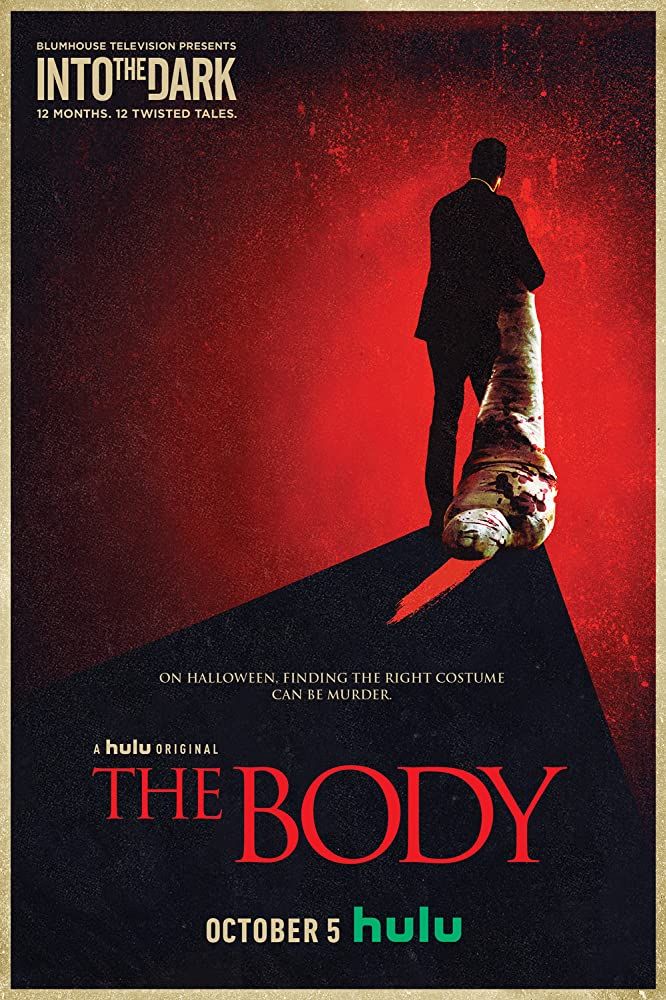
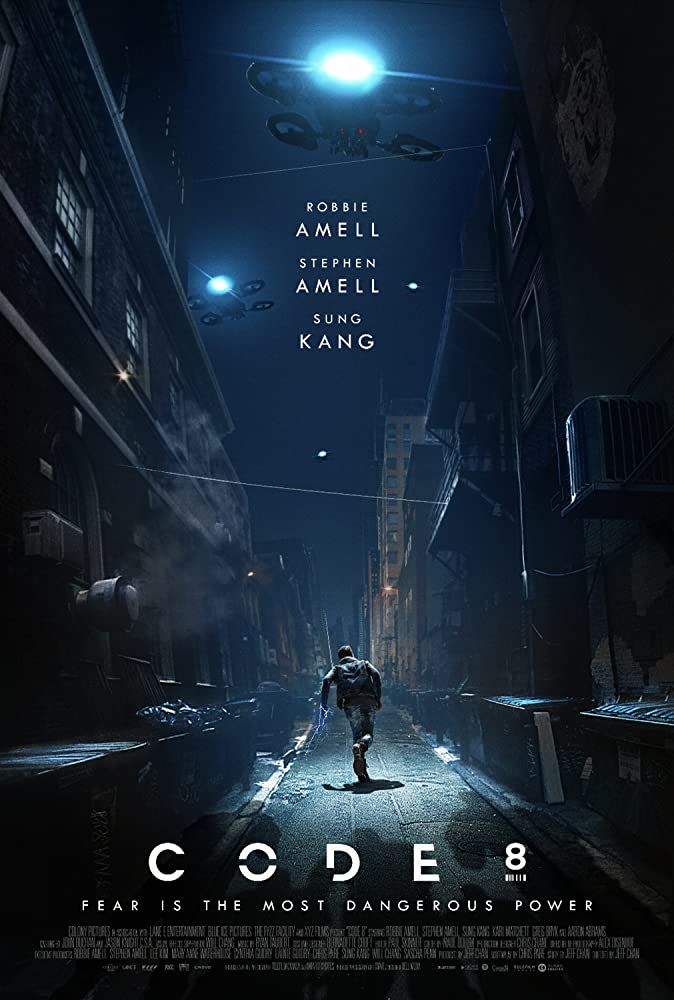

Welcome to Light On Light Through, Episode 131, in which I review Unsolved Mysteries, recently returned, on Netflix.
Further reading:
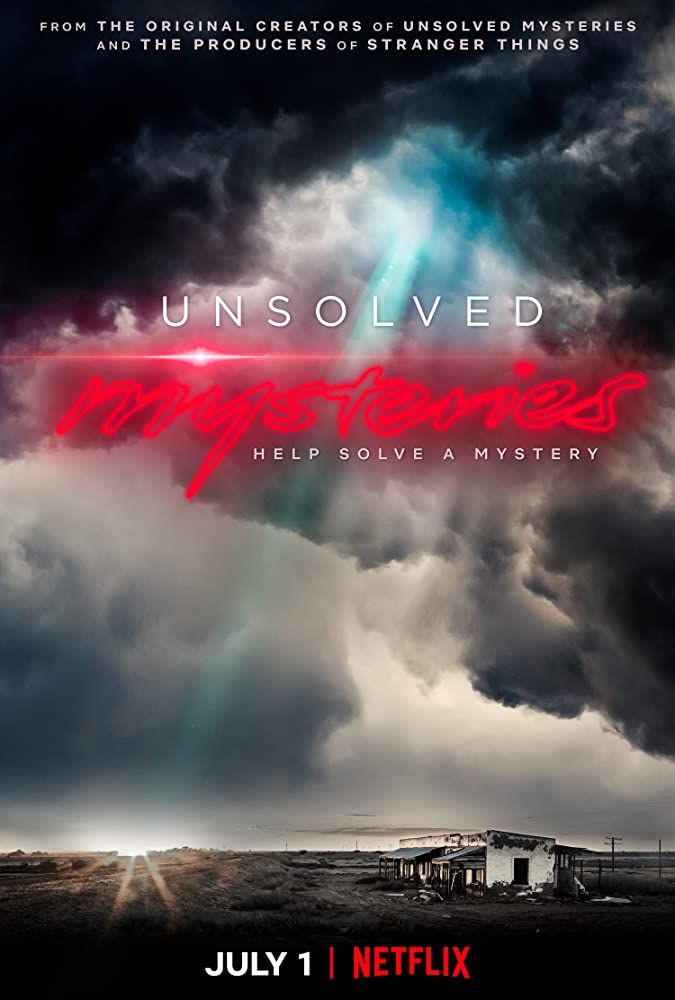

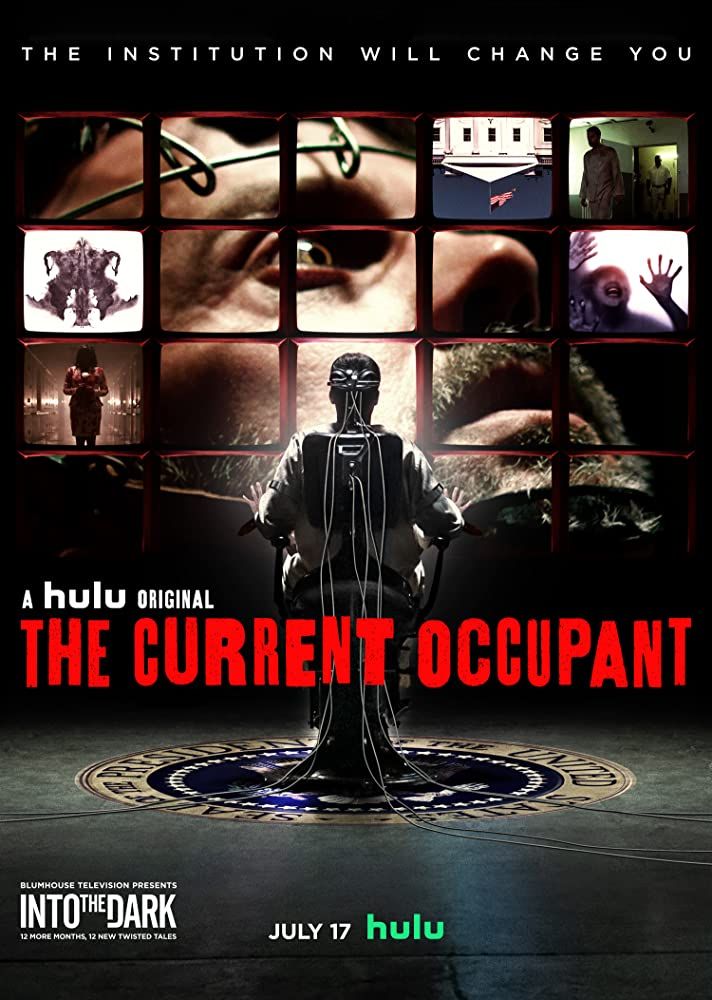
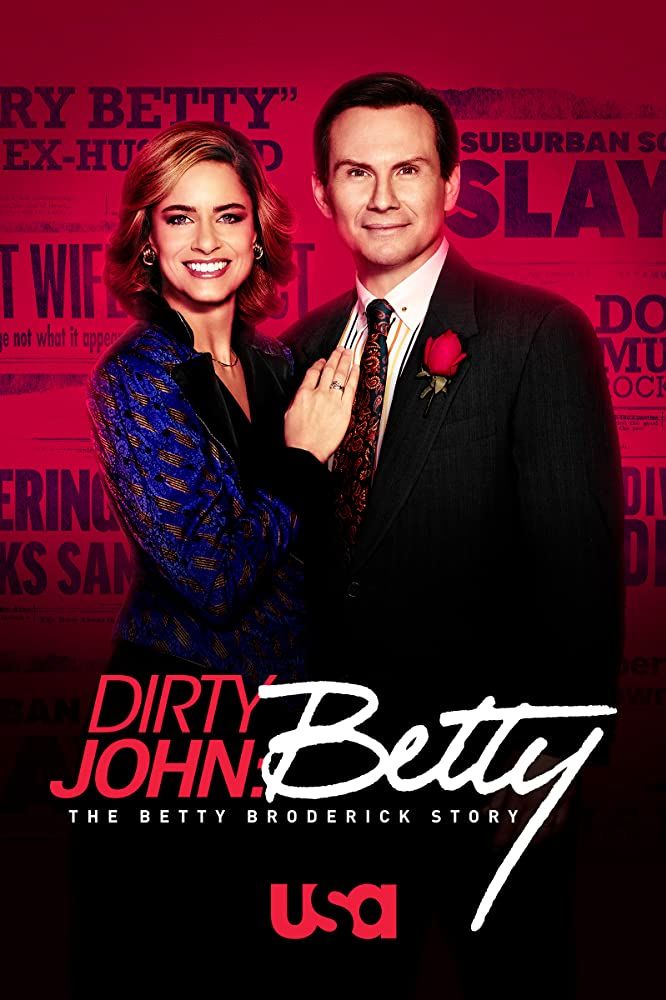
Welcome to Light On Light Through, Episode 129, in which I give you a little primer about "media determinism," the bedrock of just about all media studies.
Further listening: Politics and Media in History and Voice Mail from Marshall McLuhan, 1978
Further reading: The Soft Edge: A Natural History and Future of the Information Revolution and McLuhan in an Age of Social Media



Welcome to Light On Light Through, Episode 128, in which I tell you what happened more than seven years ago, when I served as foreperson on a jury in Westchester County, NY, where an African-American male was charged with the felony of assaulting a police officer. I published a blog post about this right after the trial was over back then, but didn't get a chance to provide the account in a podcast. I thought, given the murder of George Floyd and the continuing protests about police mistreatment of African-Americans, the time was long since overdue.
Welcome to Light On Light Through, Episode 127, in which I talk about the problem of police authority, which has afflicted African-Americans for decades to the point of innocent people being shot to death and choked to death, and everyone else who challenges police authority in the slightest being assaulted and brutalized in usually less grievous ways. I relate this to being victimized myself, a 12-year old white boy, in the Bronx in 1959.
Read more about this: The Problem of Police Authority (Paul Levinson, June 2020)
Videos: Paul Levinson talks about Black Lives Matter and Videos (2 July 2020) ... Paul Levinson talks about Black Lives Matter and Video Cams at Annenberg (4 December 2015)
Welcome to Light On Light Through, Episode 126, in which I share an online lecture I gave a few days ago about Politics and Media in History. I touch on such topics as literacy and democracy in Ancient Athens, how the printing press revolutionized the world, the four "radio heads" of the 1930s-1940s (FDR, Churchill, Hitler, and Stalin), television Presidents of the United States from JFK through Obama, and the role of Twitter in our current age.
Further reading:
The Soft Edge: A Natural Future and History of the Information Revolution (Paul Levinson, Routledge: 1997)
Digital McLuhan: A Guide to the Information Revolution (Paul Levinson, Routledge, 1999)
McLuhan In An Age of Social Media (Paul Levinson, Connected Editions, 2015-2020)
More Summer 2020 lectures (on YouTube)
